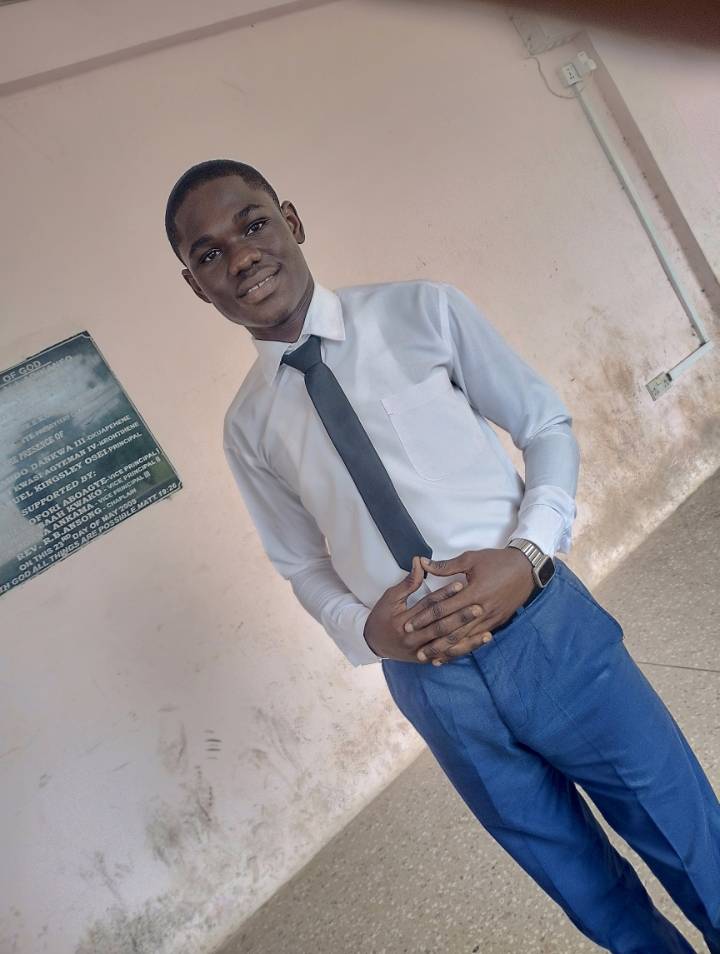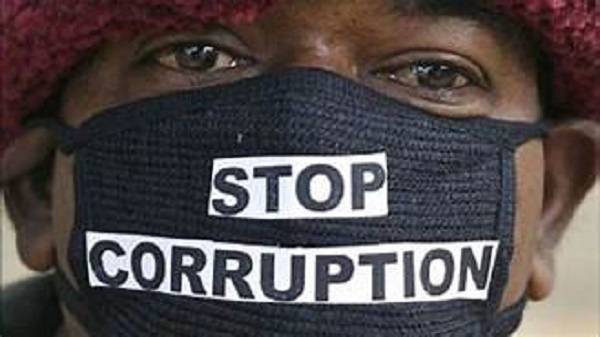We’re all guilty of corruption, let’s mend our ways - GIMPA lecturer.
Ghanaians have been asked to take full responsibility for the poor fight against corruption and not only point fingers at those in higher authority.
John Darko, Senior Law Lecturer at Ghana Institute of Management and Public Administration (GIMPA), gave the advice during a media discussion on Saturday.
He said, “It is easy to focus on institutions and blame them but the point is that we citizens are the ones fuelling corruption the most. Let us look within ourselves and take responsibility for the increased rate of corruption in Ghana.”
He said Ghana’s development depended largely on the collective role played by citizens and urged all to eschew corrupt acts.
The Lawyer noted that it was difficult to fight corruption because some people made huge gains from the unlawful act and resisted structures and efforts put in place to deal with the canker.
“You have teachers leaking exam questions to students, citizens doing illegal electricity and water connections, drivers charging exorbitant fares, traders adjusting the scales or measuring tins to defraud buyers, traditional authorities going to Police stations to plead for the release of wrongdoers, and so on,” he said.
“All these things that we overlook and claim to be trivial are working together to intensify acts of corruption in the country. If we all do the right thing from our bedrooms, it will reflect publicly in the way we go about our daily lives,” he added.
He advised against the politicization of the fight against corruption, adding that law enforcement agencies should be allowed to work without interference.
Mr Darko said the agencies should also be given autonomy and provided with the required resources.
Mr Benjamin Essuman, Executive Director, Solidaire Ghana, said corruption survey had placed Ghana in front of the “mirror”, revealing the current state of the nation.
He called on Justice Kwasi Anin-Yeboah to take concrete steps to deal with alleged corrupt acts within the Judiciary.
“The Judiciary is the last point of hope for justice to prevail and if that area is also tagged as corrupt, then there is no hope for the nation,” he added.
Mr Essuman advised Mr Kissi Agyebeng, the Special Prosecutor, to institute a reward system to encourage citizens to provide evidence of corrupt acts and expose law breakers.
A Ghana Integrity of Public Services Survey (GIPSS) published recently disclosed that Ghana lost approximately GHS5 billion in cash through the payment of bribes to public officials in 2021.
The survey was conducted by the Commission for Human Rights and Administrative Justice (CHRAJ) in collaboration with the Ghana Statistical Service (GSS) and the United Nations Office on Drugs and Crime (UNODC).
Apart from the cash payment, which contributed 84.8 per cent of the forms of bribe paid, 13.3 per cent of the bribes paid were food and drinks; 9.7 per cent, exchange for other services; 5 per cent valuables, and 2.2 per cent animals.
The bribes were paid by 33.6 per cent citizens to speed up procedures; 15.8 per cent, as a sign of appreciation; 13.8 per cent, to avoid the payment of fine; 10.8 per cent to avoid problems, and 3.1 per cent, to avoid the cancellation of public utilities.
The survey said that more than a quarter of the country’s adult population (26.7 per cent) had paid bribes to a public official in 2021.
It said most of the bribes were paid at the direct request of the public officials involved, as six out of 10 bribes paid (59.4 per cent) were directly requested by those officials.
Findings from the survey showed that the Ghana Police Service, Immigration Service and the custom officers of the Ghana Revenue Authority (GRA) were the three top institutions that had received bribes.
They were followed by the Lands Commission, Driver and Vehicle Licencing Authority (DVLA), Passport Agency officials, and prosecutors, judges and magistrates, with elected government officials being the least recipients.




No comments yet
Be the first to share your thoughts!